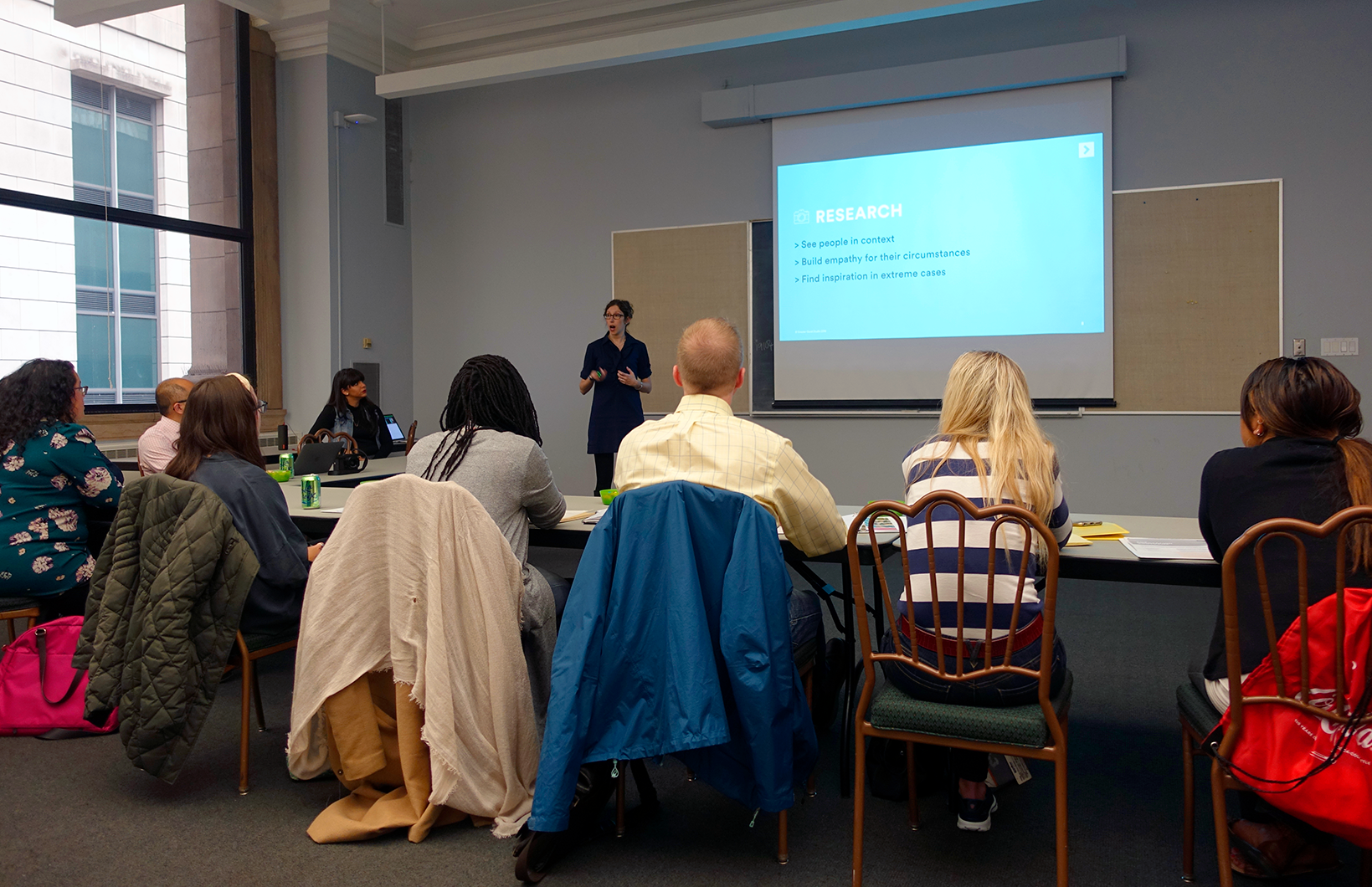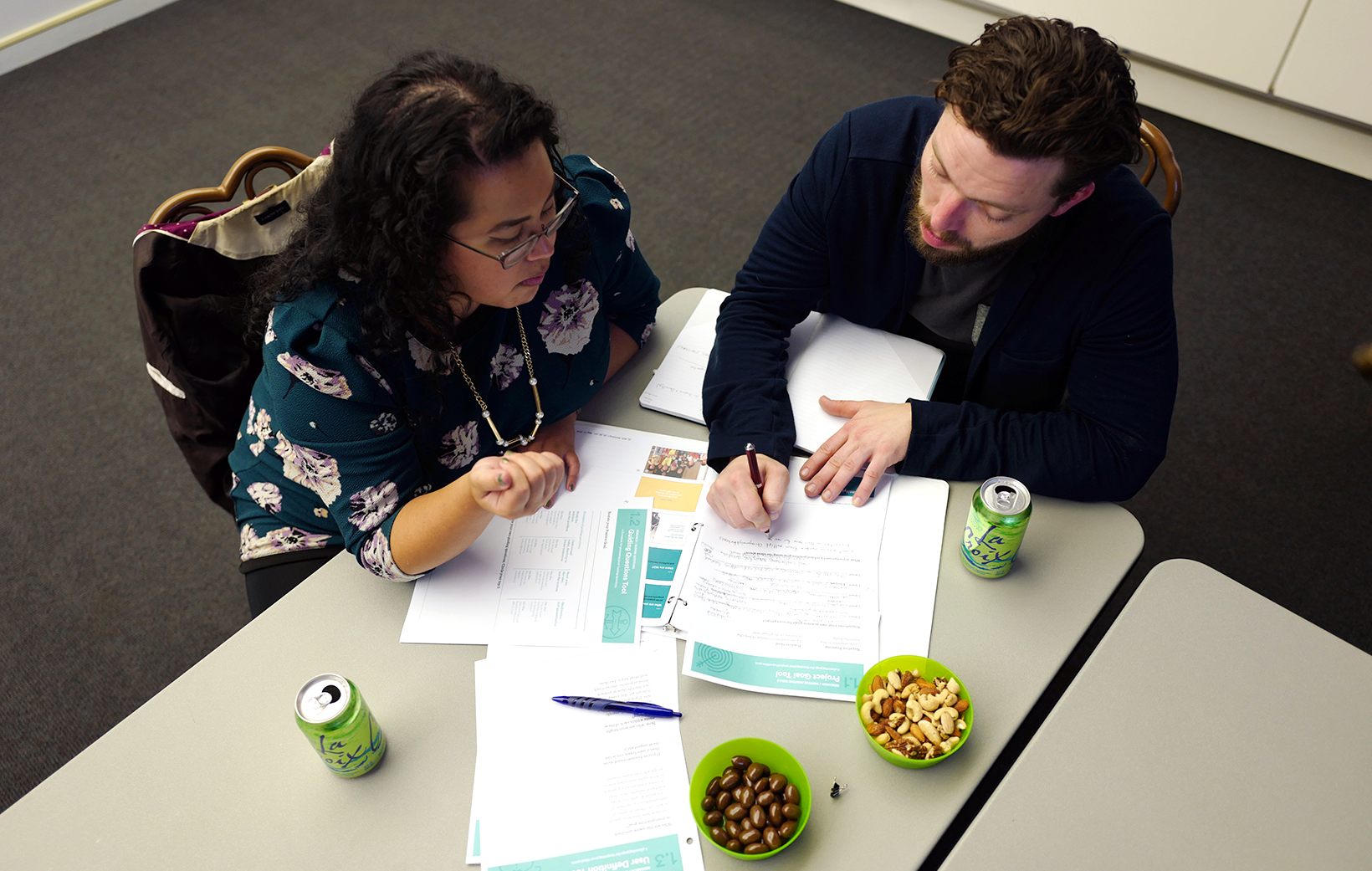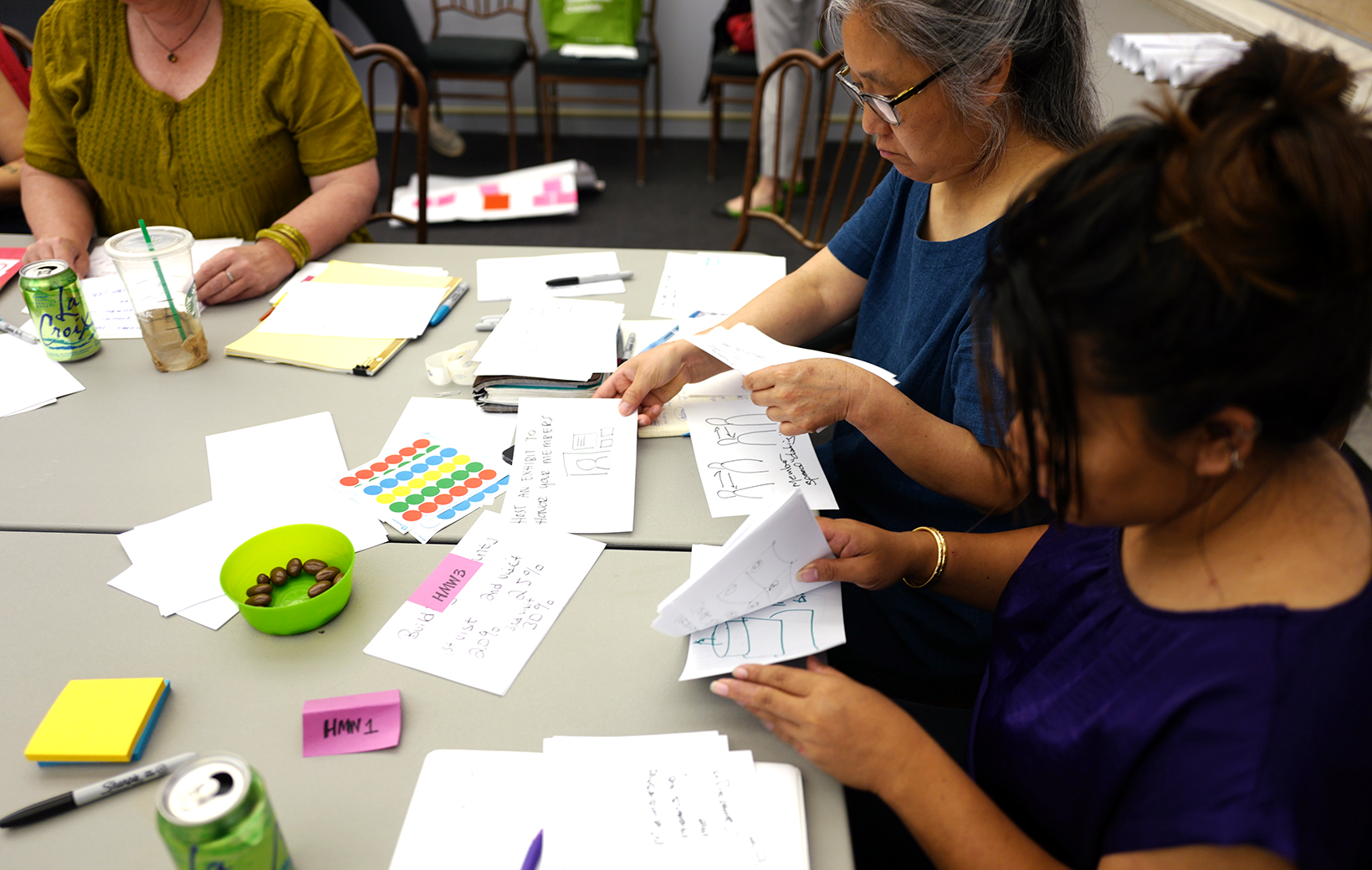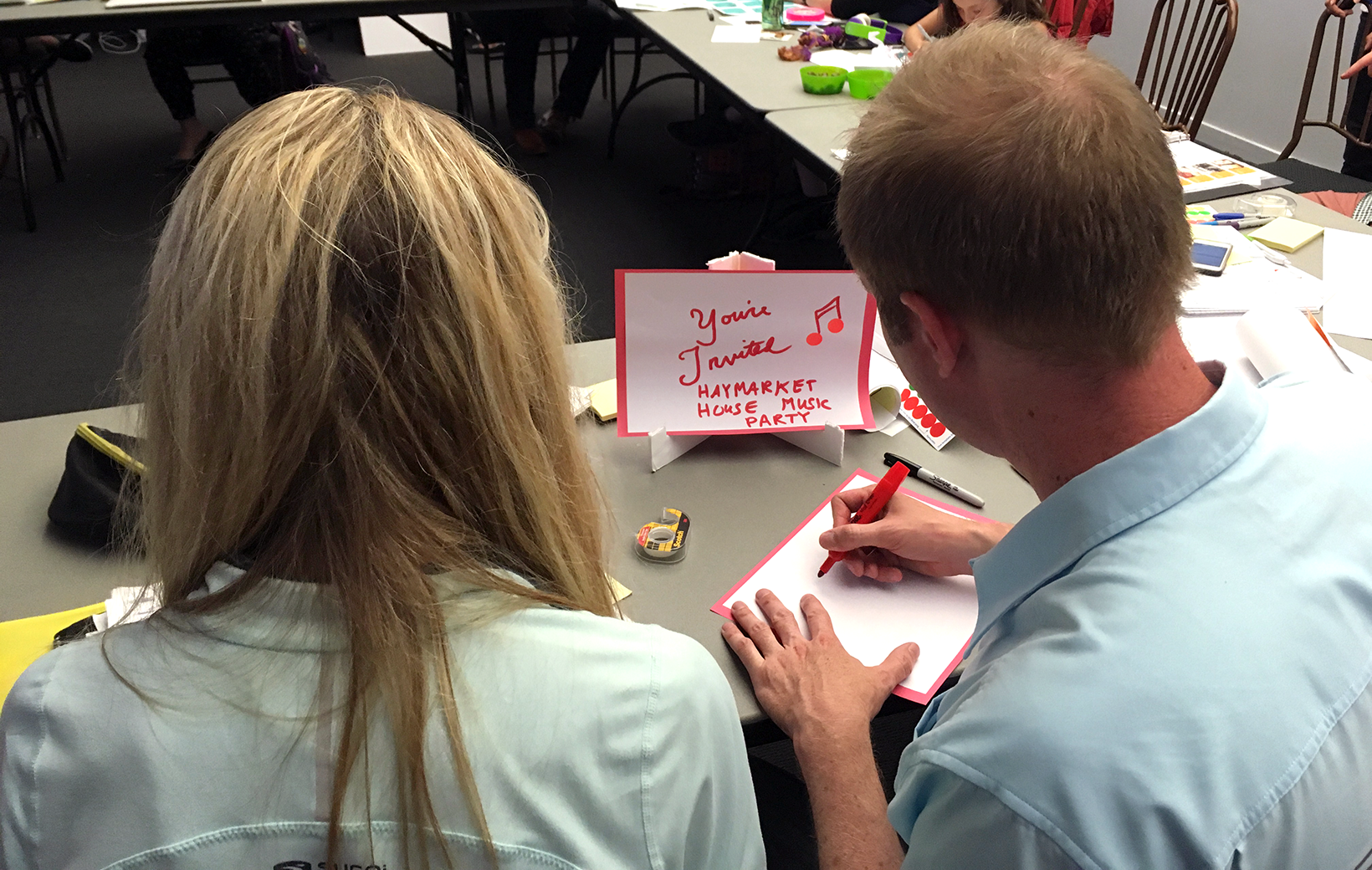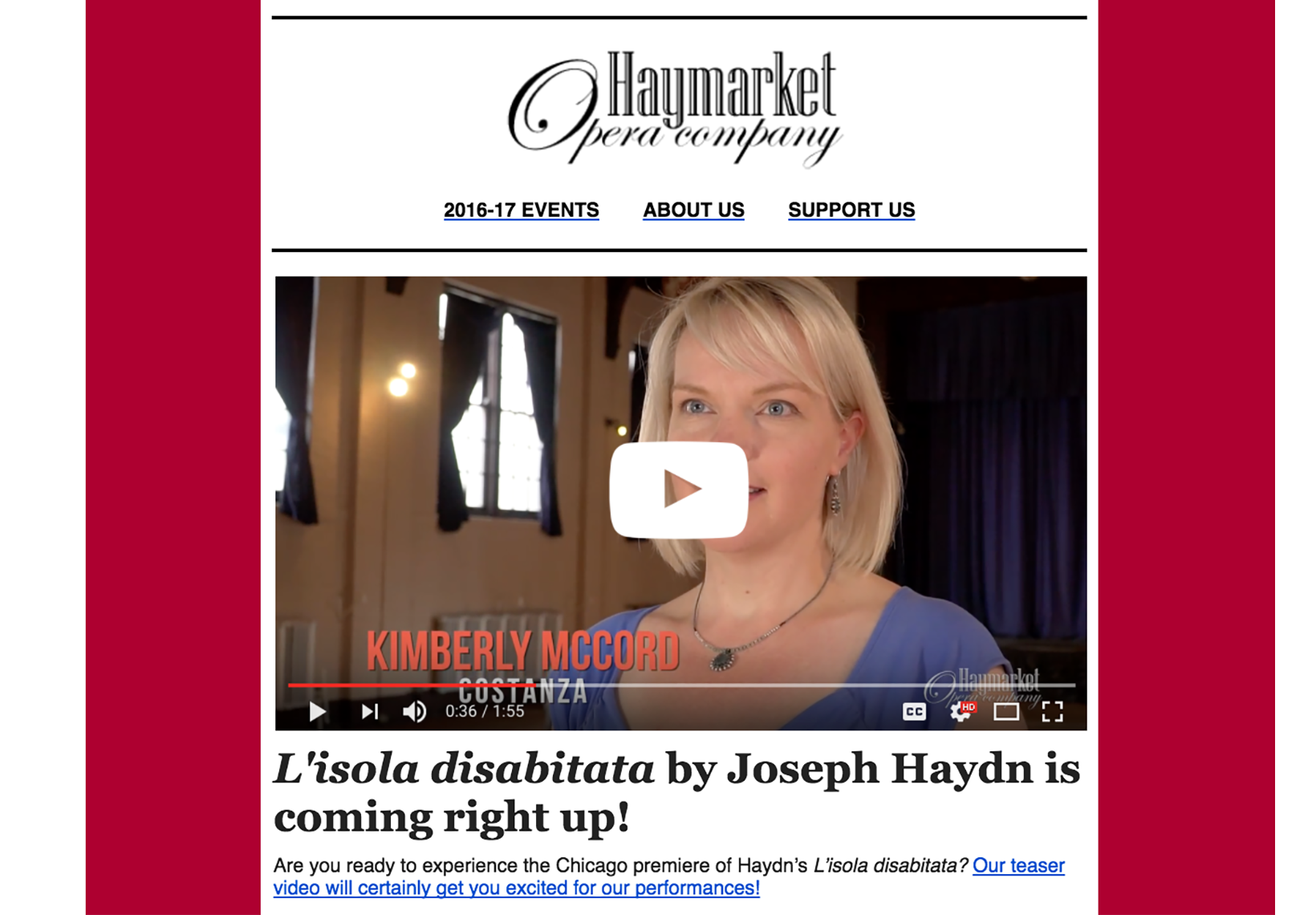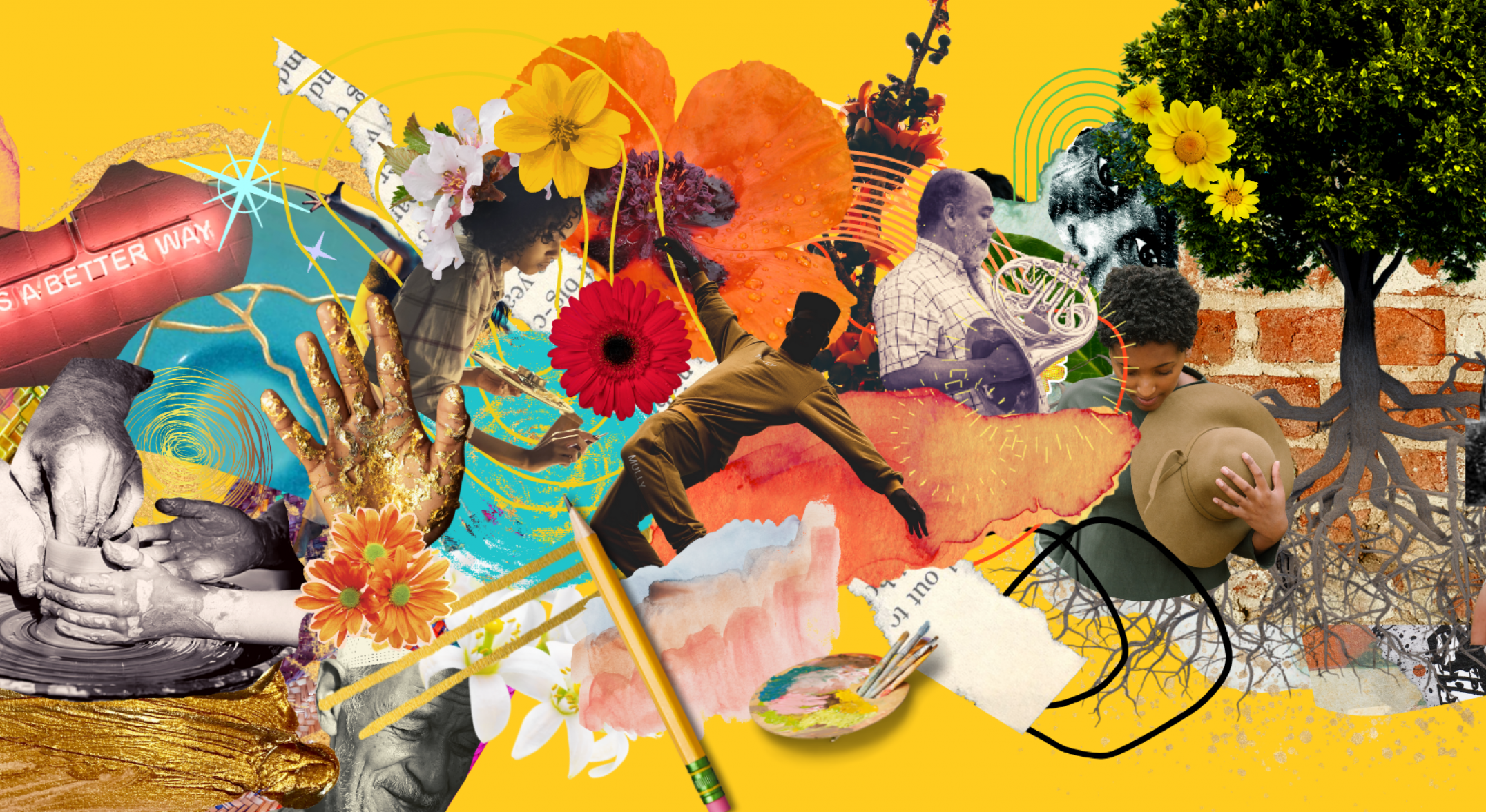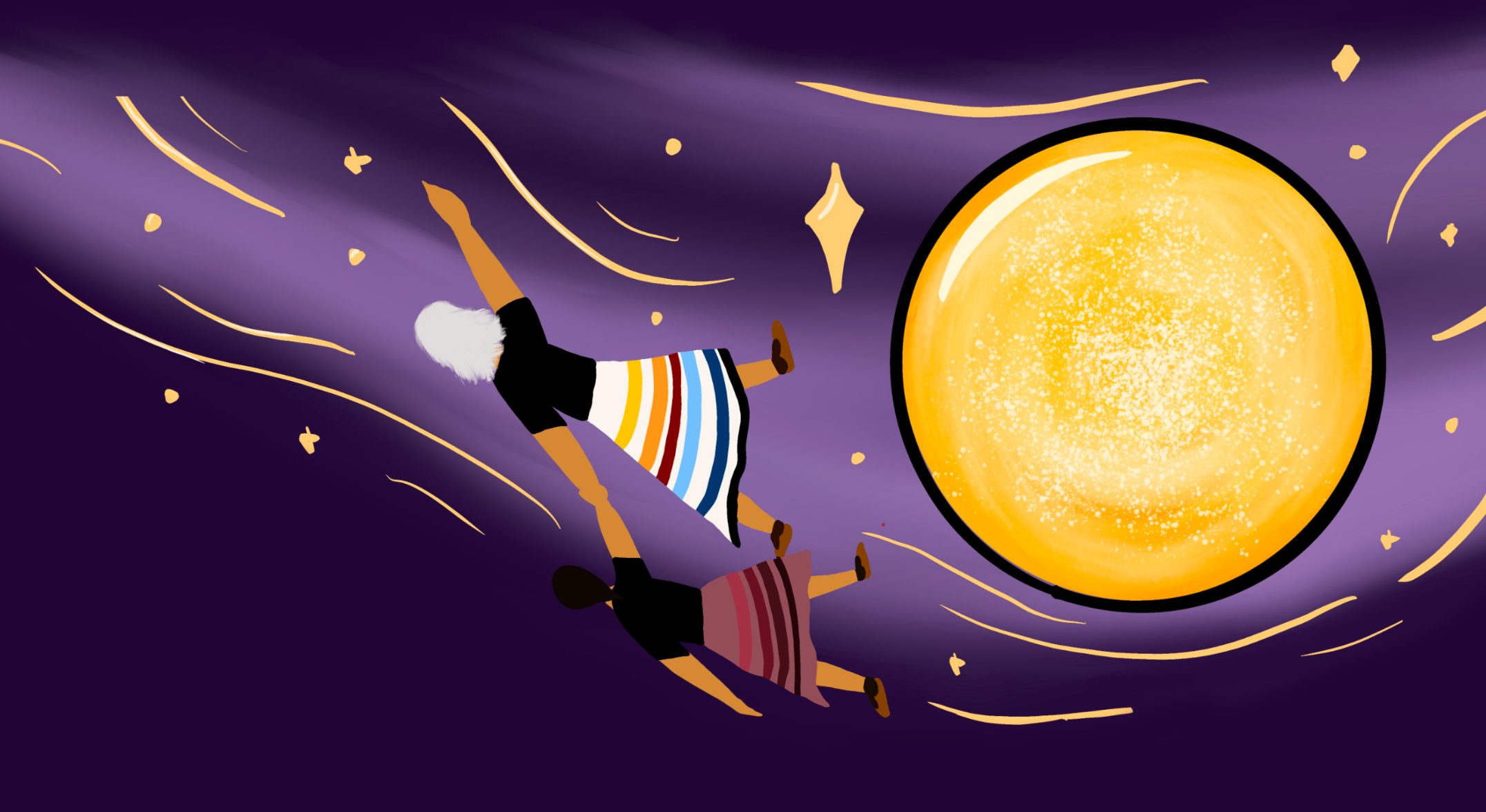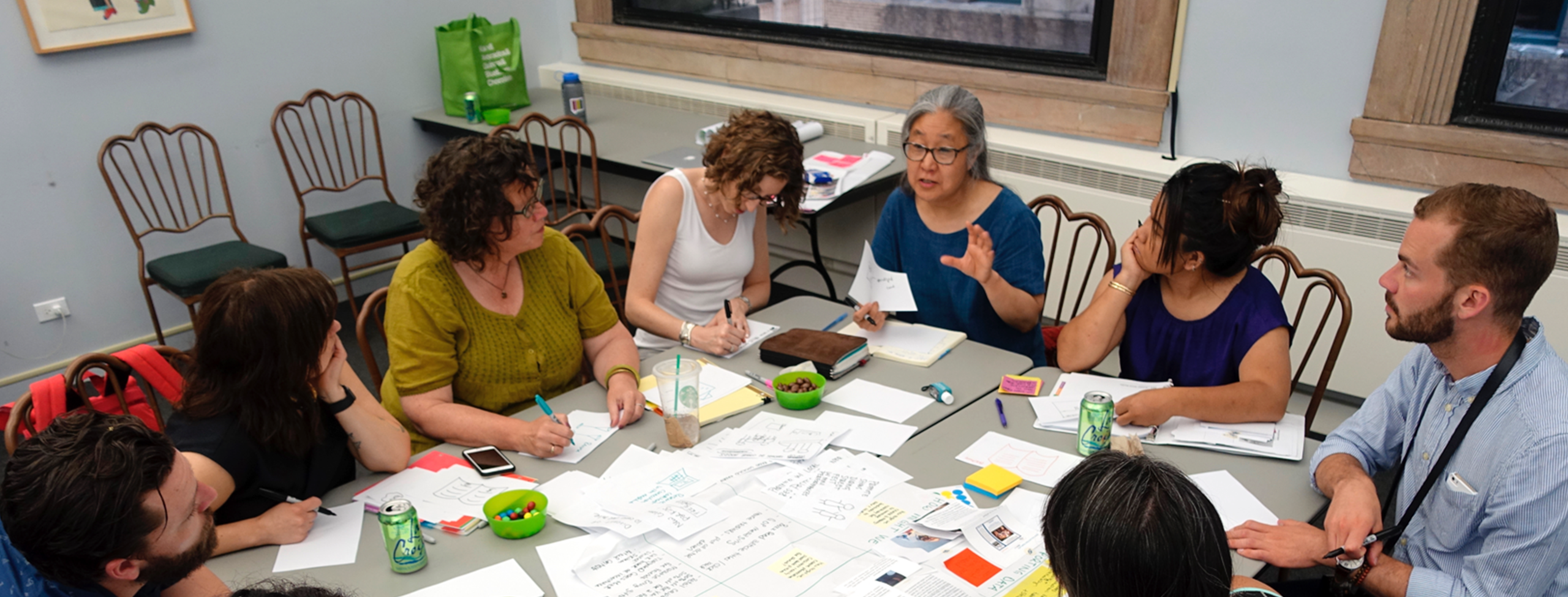
Client
AD3, a funding collaborative including Alphawood Foundation, The Richard H. Driehaus Foundation, Gaylord and Dorothy Donnelley Foundation, City of Chicago Department of Cultural Affairs and Special Events.
Geography
Chicago, IL
Topic Area
Arts & Culture
Project Type
Capacity Building
Learning human-centered design can be immensely valuable for nonprofit organizations. Creatively tackling ongoing problems together is incredibly important for clarity, focus, and momentum toward the goals that matter.
Our design curriculum trains impact leaders in the design process, helping them apply human-centered design to their specific, often longstanding, organizational challenges. Along the way, they’re connecting with peers and board members, discovering the power of prototyping and piloting, and relying on their deep sector knowledge in new ways.
For this project, a small group of grantmakers wanted to build the innovation capacity of the sector they serve—small nonprofit arts organizations in the Chicago area. We customized our curriculum and created Innovation Bootcamp, a 7-month program that fit the group’s vision.
Project Outputs
Tools
We organized years worth of workshop facilitation experience into a cohesive and holistic human-centered design curriculum for adult learners, complete with presentations, worksheets and posters. Each team received their own workbook to keep track of lessons and materials.
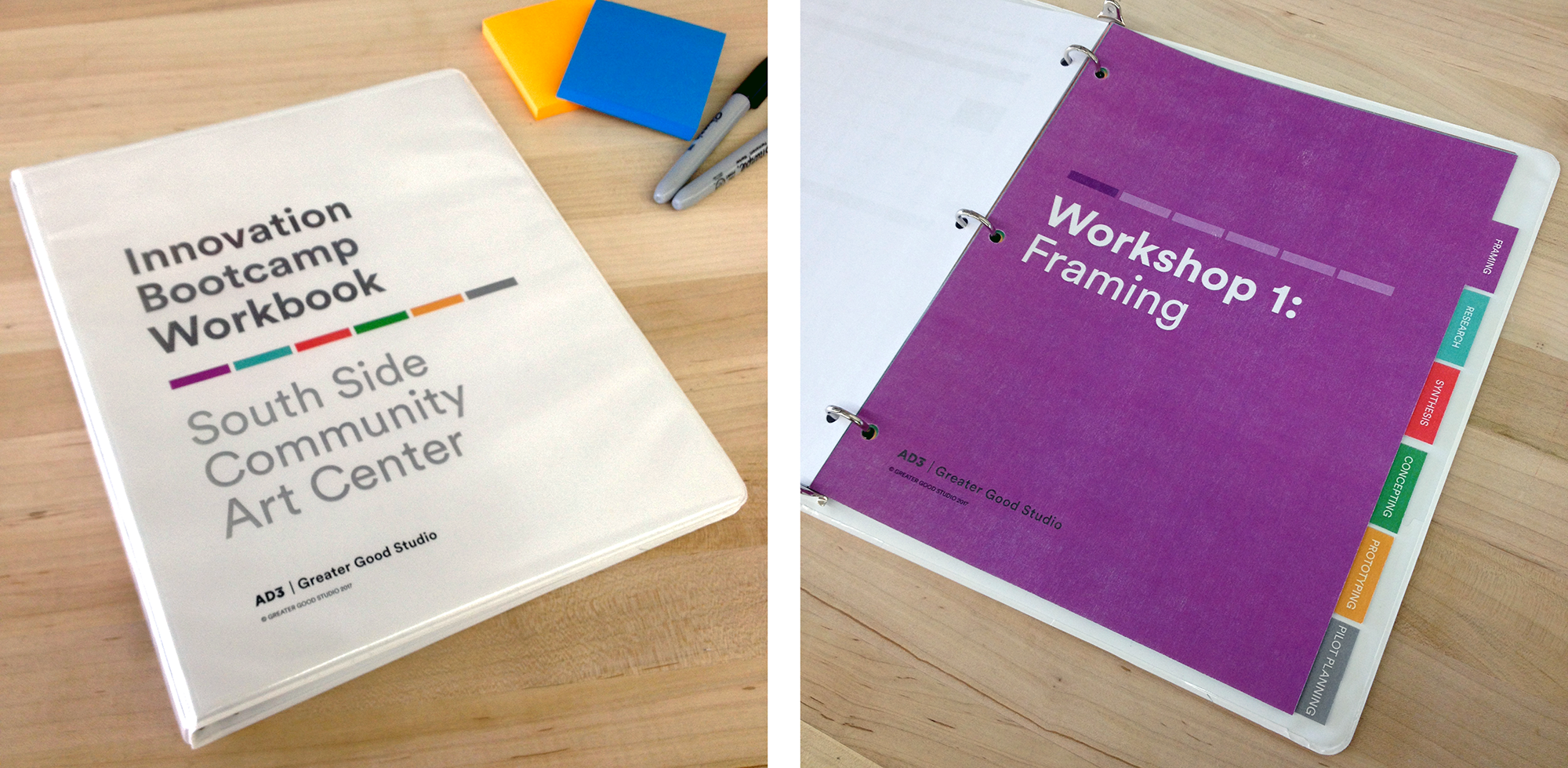
Learning Experiences
We facilitated a series of 6 workshops, with interspersed homework assignments and team coaching sessions. The coaching sessions ensured that each team was on track, feeling at ease with the lessons they were learning and applying.
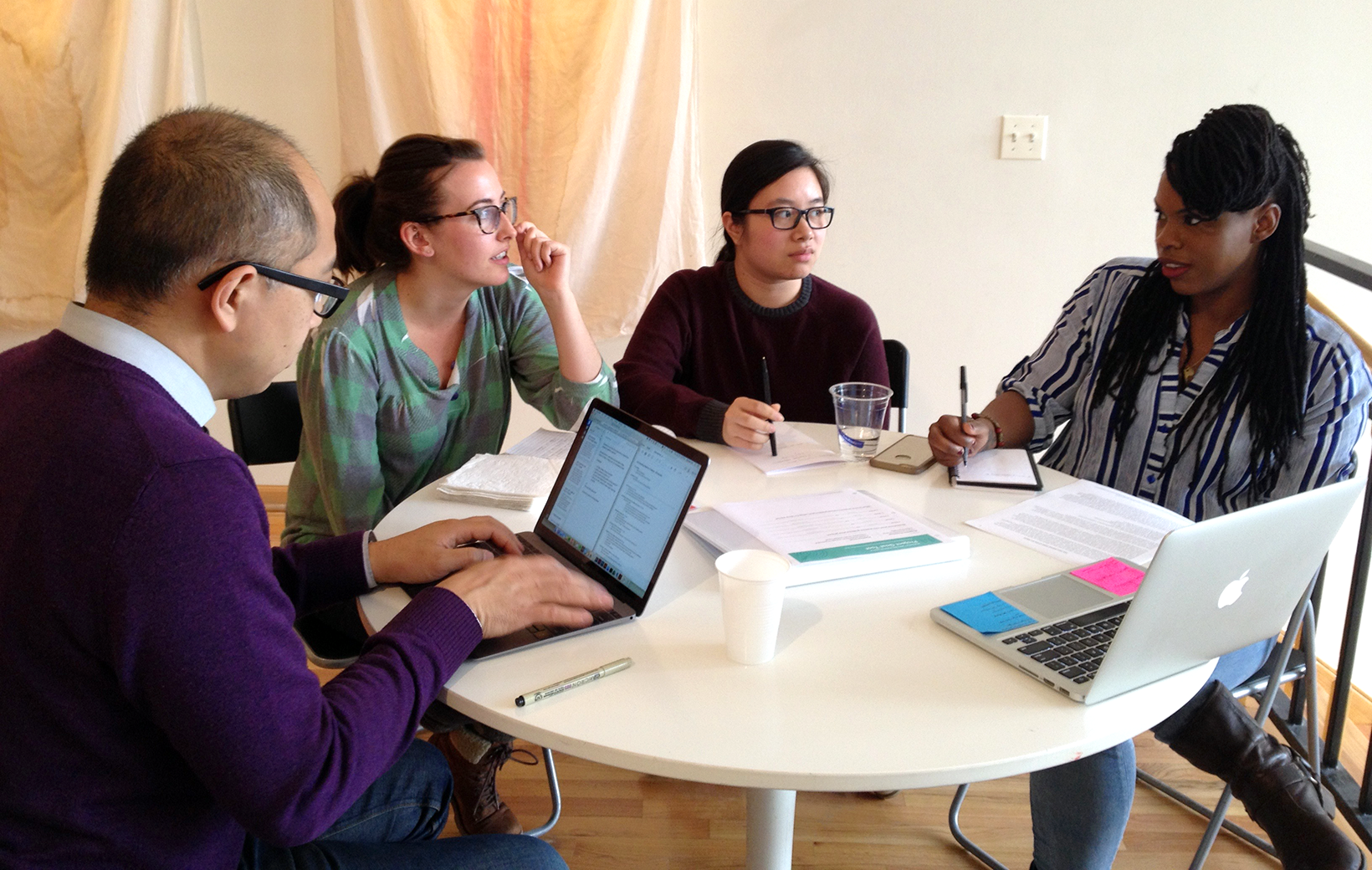
Programs
The bootcamp culminated in a public share-out where members of the arts community gathered for a presentation and panel discussion. In this way, learnings from each cohort could be shared with a much broader network.
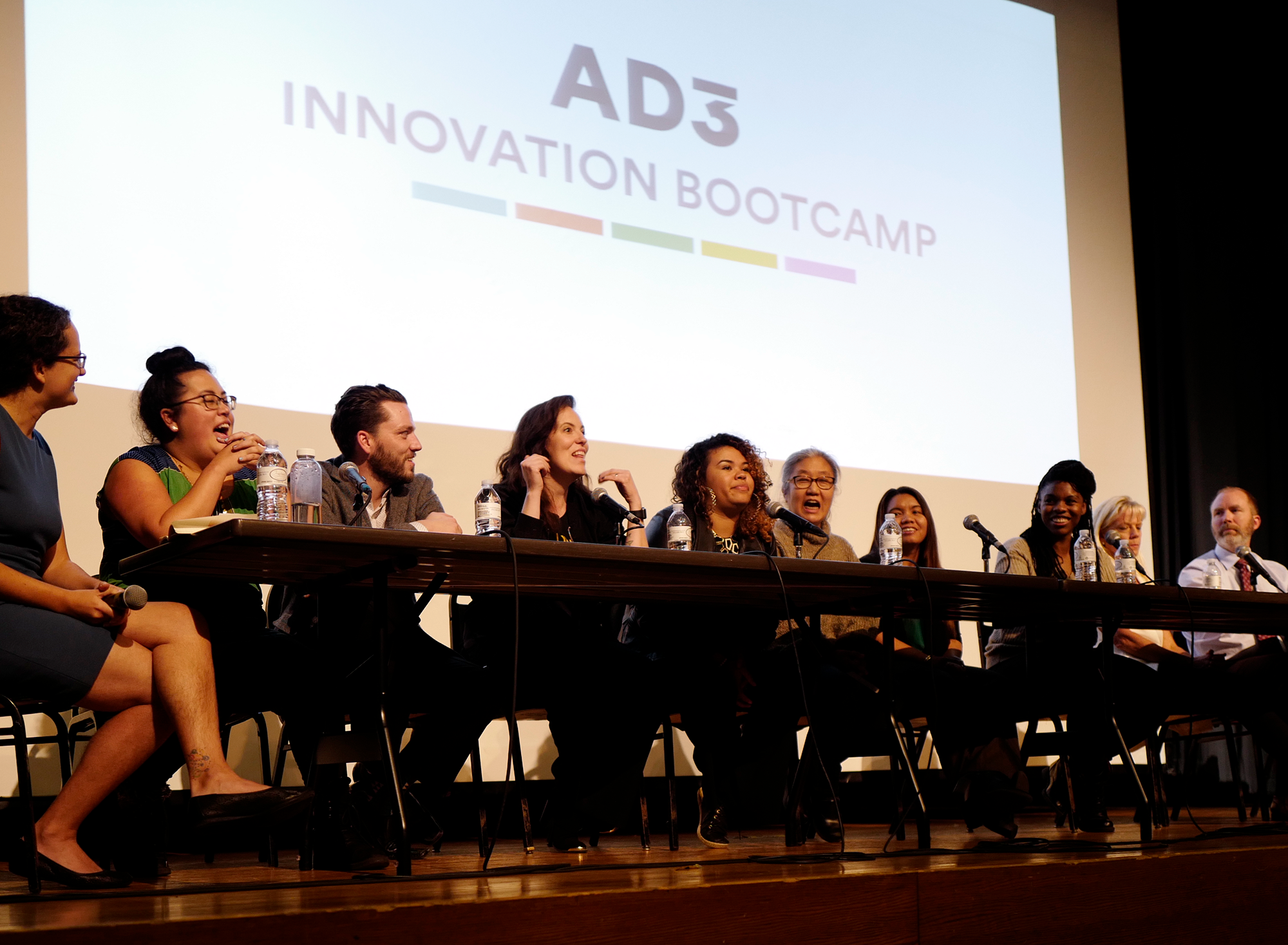
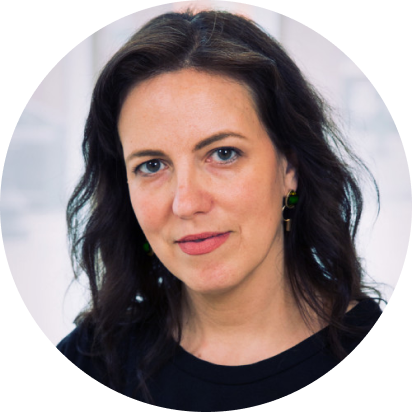
It’s not teaching you to fix one problem, it’s teaching you a set of tools that you could use to solve any problem.
Coya Paz
Client & Community Outcomes
Mindsets
By the end of the seven months, we heard a lot of powerful reflection about how these organizations were thinking in new ways. Caroline O’Boyle of Free Street Theater said, “We often thought we knew the answer. We often thought we knew the question. This process has taught us not to make assumptions about either. This process has really allowed us to dislodge some preconceived notions.”
Behaviors
Evan Linder of the New Colony said, “This process taught us to see problems ahead of time, and be excited about coming up with many different solutions.” Although each organization solved a different challenge, the human-centered design process was the heart of each transformation. And Free Street Theater, for its part, has a new office supply in its budget: “I’ve noticed we’ve adopted the methodology introduced in this program. Now we do interviews and prototypes… now we have Post-Its everywhere.” (Sorry, Free Street!)
Culture
Overall, our adaptable curriculum created a supportive framework for small nonprofit arts organizations—traditionally weighed down by chronic administrative troubles—to begin moving forward. Artists learned to apply their creative thinking to deeply entrenched operational issues, and the cohort learned from each other about facing some longstanding common challenges.
